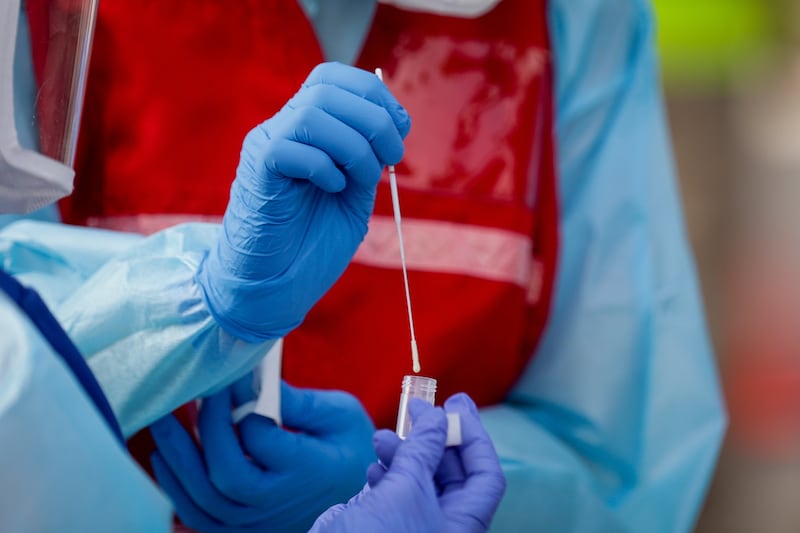A new study suggests that melatonin — typically something people take to help them fall asleep — might just pull the covers over the novel coronavirus.
What’s going on?
A new analysis from the Cleveland Clinic’s COVID-19 registry found that melatonin was “associated with a nearly 30% reduced likelihood of testing positive for SARS-CoV-2 after adjusting for age, race, smoking history and various disease comorbidities,” according to a news release.
- The study was published in the journal PLOS Biology.
The details
The study used a “novel artificial intelligence platform developed by Lerner Research Institute researchers to identify possible drugs for COVID-19 repurposing,” according to the release.
It’s a very technical study, but here’s how the researchers explained everything. The researchers “measured the proximity between host genes/proteins and those well-associated with 64 other diseases across several disease categories (malignant cancer and autoimmune, cardiovascular, metabolic, neurological and pulmonary diseases), where closer proximity indicates a higher likelihood of pathological associations between the diseases.”
The researchers said any drug that could help with “respiratory distress syndrome and sepsis” could work to help stop COVID-19, according to Fox News.
Key quote:
- “This signals to us, then, that a drug already approved to treat these respiratory conditions may have some utility in also treating COVID-19 by acting on those shared biological targets,” said Feixiong Cheng, assistant staff in Cleveland Clinic’s Genomic Medicine Institute and lead author on the study, in a statement.


